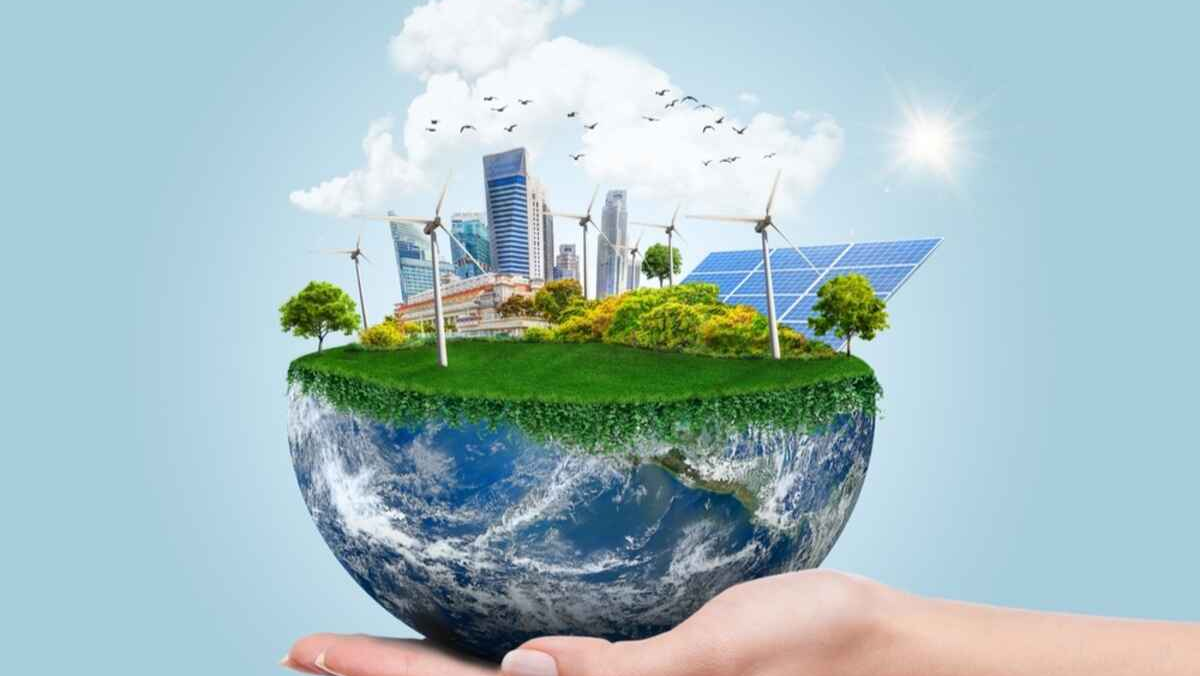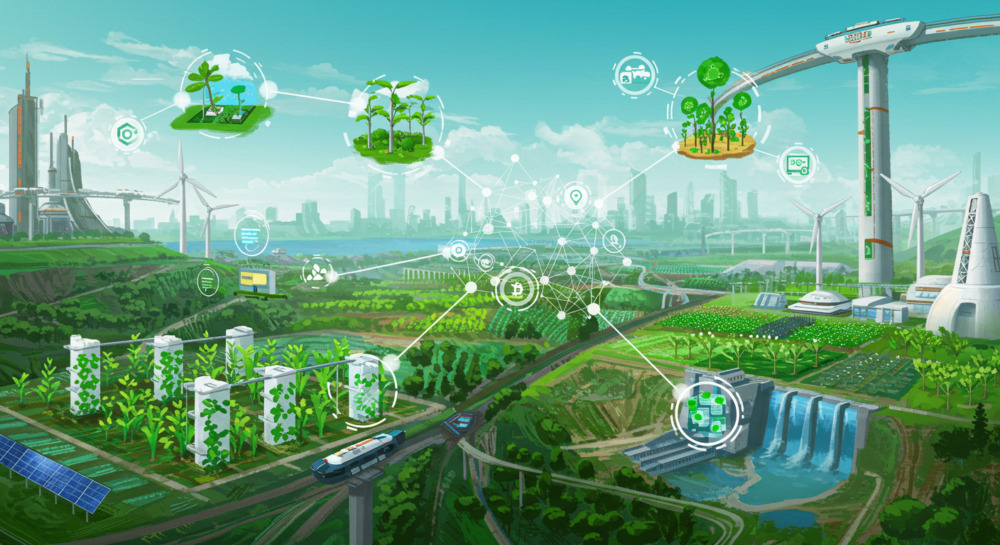Now Reading: Clean Energy and Smart Electronics Are Changing Life Faster Than Ever 2025
-
01
Clean Energy and Smart Electronics Are Changing Life Faster Than Ever 2025
Clean Energy and Smart Electronics Are Changing Life Faster Than Ever 2025

Table of Contents
The world Clean Energy is entering a new era of growth, especially in clean energy and electronics. From advanced solar panels and electric vehicles to eco-friendly batteries and smart devices, industries are undergoing rapid change. These sectors are not only helping reduce pollution and save energy but are also opening up fresh opportunities for innovation, investment, and employment across the globe.
Clean Energy: A Rising Global Priority
Clean energy, also known as renewable energy, includes sources like solar, wind, hydro, and bioenergy. In recent years, governments and companies have increased their focus on reducing carbon emissions and switching to greener alternatives.
According to the International Energy Agency (IEA), global investments in clean energy are expected to reach $2 trillion in 2025, outpacing fossil fuel investments for the first time. This sharp rise is driven by both climate concerns and the high costs of oil and gas.
India, for example, is targeting 500 GW of non-fossil fuel energy by 2030. Recently, the country made major progress by expanding solar parks in Rajasthan and Gujarat, and by launching new wind energy projects in Tamil Nadu.
Similarly, the United States has passed the Inflation Reduction Act, which includes $370 billion in clean energy funding. This has led to a surge in solar and battery manufacturing facilities, especially in states like Texas and Georgia.
Breakthrough Technologies Making Headlines

One of the most exciting developments in clean energy is the rapid improvement in battery storage. Companies like Tesla, CATL, and BYD are now producing longer-lasting lithium-ion and sodium-ion batteries, which are more affordable and environmentally friendly.
In 2025, a new plant in China will begin mass-producing sodium-ion batteries, which are safer and cheaper than lithium options. This shift could revolutionize how we store solar and wind energy for daily use.
Another game-changer is green hydrogen, a fuel made from water using renewable electricity. Countries like Germany, Australia, and India are investing billions in green hydrogen projects, aiming to use it in factories, ships, and even airplanes in the future.
Electronics Industry Going Green and Smart
Electronics are also changing fast. The focus is now on energy-efficient devices, eco-friendly materials, and smart technology. Major brands like Apple, Samsung, and Sony have pledged to cut carbon emissions and recycle more components.
In 2024, Apple introduced its first carbon-neutral product the Apple Watch Series 9. The company now uses recycled aluminum, rare earths, and even gold in many of its devices.
Meanwhile, India’s electronics sector is growing rapidly, especially in semiconductor manufacturing and smartphone assembly. The government’s Production Linked Incentive (PLI) scheme is attracting major companies like Foxconn, Micron, and Tata Electronics, who are setting up new plants in states like Gujarat, Tamil Nadu, and Karnataka.
These investments are expected to create over 100,000 new jobs and reduce India’s dependence on imports, while also boosting exports in the long run.
Why This Matters to You
The clean energy and electronics boom isn’t just for businesses or governments it impacts everyday people too. From lower electricity bills and better gadgets to more jobs and a cleaner planet, the benefits are widespread.
For example, in many Indian cities, installing rooftop solar panels now pays off in just 3–5 years, thanks to falling prices and government subsidies. New electric vehicles (EVs) like the Tata Punch EV or the MG ZS EV are becoming more affordable, with improved range and faster charging.
Even rural areas are seeing change. Solar-powered cold storage, clean cooking stoves, and smart irrigation systems are helping farmers save money and increase crop yields.
Challenges Ahead

Despite the positive developments, challenges remain. Clean energy systems still require rare minerals like lithium, cobalt, and nickel, which are mined in limited regions. Managing electronic waste is also a concern, as millions of old devices end up in landfills every year.
To solve this, researchers are working on recycling methods, bio-based materials, and low-impact mining techniques. Governments are also launching e-waste management policies to reduce the harmful effects of discarded electronics.
The Road Ahead
As 2025 approaches, experts believe that clean energy and green electronics will continue to grow, especially with stronger policies, better technology, and rising global awareness. Whether it’s building a smart home, driving an EV, or using sustainable gadgets, consumers now have more power to choose eco-friendly solutions.
This wave of transformation is not just about technology it’s about creating a healthier planet, stable economy, and a more responsible society.
Read More:- Shobha Realty Launches Its Most Luxurious Project Yet—Full Details Inside 2025






















